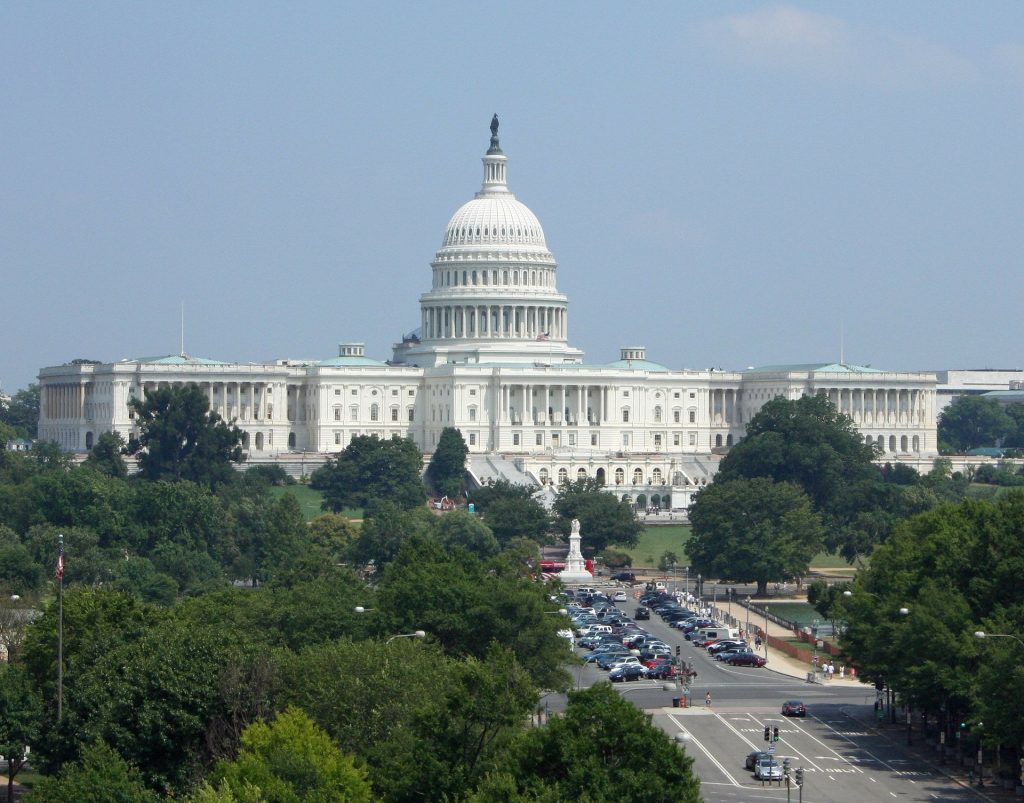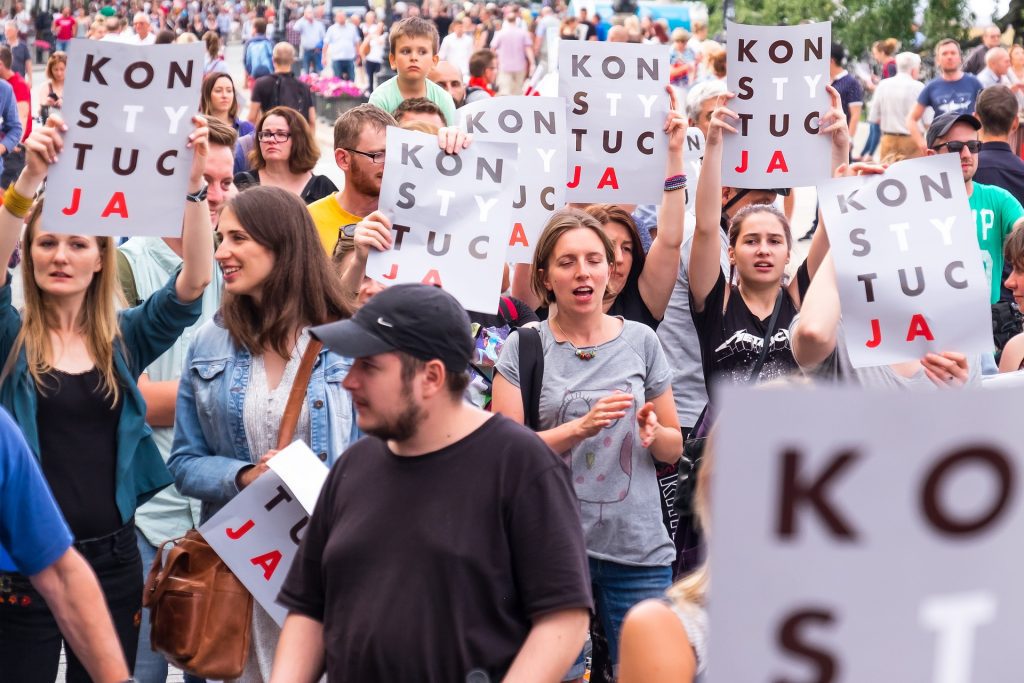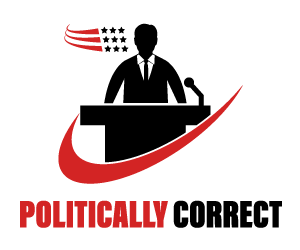The Relationship Between Political Stability And Economic Growth
It is the goal of every nation to experience economic growth, stability, and prosperity. While many economic policies must be put in place to achieve this, the political climate of a nation has a mammoth impact on its economic fortunes.


All through history, nations that enjoyed economic prosperity had internal political stability, and their loss of prosperity often came through the loss of this stability.
The reasons for this are not far-fetched. An unstable political environment will not promote investment or enterprise. Citizens and investors will be reluctant to commit resources in an environment that could change so drastically at any moment. Since political instability is accompanied by a failed or weak legal system, the absence of laws to enforce business practices would also affect economic activities.
This theory has been proven by several studies, including one taken in 10 CEE countries that were in transition during 1990–2009. The United Nations also mentioned that one of the factors that affect countries’ production ability is political instability.


The relationship between political stability and economic growth is bidirectional. It means that economic growth and prosperity also affect political stability. Research by experts has stated that a state that suffers from economic decline and stagnation can, as a result of this, experience political fallout.
There is a synergy between political stability and economic growth. Any state that intends to have peace and prosperity must pay attention to both aspects. It must be done both in terms of policies and in terms of institutions.
